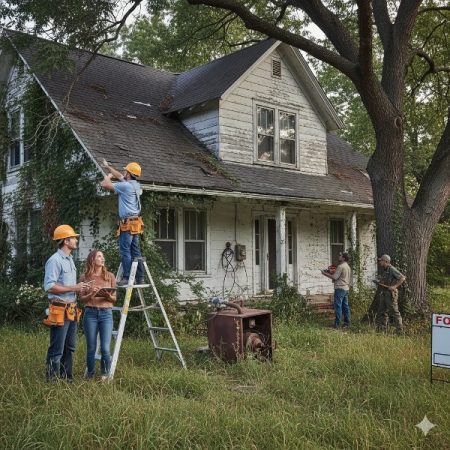Americans have a lot of stuff. The average home contains 300,000 items, and a lot of it is junk.
Scientific American estimates that there are between 5 to 14 million compulsive hoarders in the US.
At the same time, others have extra space in their homes. Space they don’t really use.
Enter peer-to-peer (P2P) storage. Unlike self-storage where you keep stuff in a large facility near some freeway, P2P storage allows you to store stuff in someone else’s home.
Regular homeowners can become storage hosts by renting out their basement, a spare bedroom, or their garage.
It’s the latest storage rental hack made possible by online platforms like Neighbor, Hopper Stock, and StoreAtMyHouse. With their simple websites and easy-to-use apps, these platforms make renting out storage space easier than ever.
Benefits of P2P Storage
By becoming a P2P storage host, you contribute to optimizing your neighborhood’s collective space. You help eliminate inefficiencies by taking in stuff from overcrowded areas.
At the same time, P2P storage hosts can earn passive income with minimal effort. Some even earn up to $18,000 per year. This is an attractive way to capitalize on your home value without turning it into a rental property. Unlike tenants, boxes take very little management and upkeep.
While you could get into real estate by getting your agent license with an online course, for example, P2P storage is an easy way to get your feet wet. It has minimal startup costs and requires zero training.
Finally, P2P storage is not limited to crates and boxes. Most platforms also allow you to list your space for cars, RVs, boats, trailers, and business inventory.
Get creative with it. You probably have space for more things than you think.
Drawbacks of P2P Storage
Of course, renting out your extra space also has its challenges.
For one, you always run the risk of your customers not paying, which means you could deal with messy evictions.
You also have to follow regulations by the storage platform. For example, you can’t discriminate against renters or store dangerous items like guns.
Lastly, you’ll be responsible for other people’s stuff. That means you have to keep it secure and clean, and you may be liable for any damages.
Getting Started
Now, if you decide to give P2P storage a try, here’s how you do it:
First, check with your local zoning codes and permits just to confirm that you’re allowed to rent out storage space in your home. In most areas, it’s not a problem, but it’s always good to double check. Also, if you have a mortgage on your home, check with the bank to make sure subletting part of it is okay with them as well.
Next, deep clean your space. Renters are more likely to trust you with their stuff if it’s kept in a tidy space. So make your space look as flawless as possible.
Then take some high-quality photos of your rental space, capturing it from all angles. Hire a professional photographer if you need to. Make it look like a 5-star hotel for storage.
After that, write a compelling listing description. Keep it short and sweet while highlighting all of the top features. For example, point out that the property is in a safe and quiet neighborhood. Advertise any perks, like the space is smoke-free, pet-free, humidity controlled, gated, locked, or otherwise secured.
When you’re done, publish your listing photos and description on an online platform like Neighbor to start advertising to renters. Pretty soon, you’ll get some web traffic and interested visitors. If you don’t get any takers, try adjusting your price.
Final Takeaways
The market for P2P storage is growing.
In 2019, the self-storage market as a whole reached a $87.65 billion valuation. Then the COVID-19 pandemic hit and forced many to further downsize and undergo lifestyle changes by putting stuff in storage.
Now that P2P storage has entered the game, many are turning to it for its ease of use and affordable pricing.
If you want to take advantage of this emerging trend, now is the time. With the increasing number of Americans downsizing and the real estate market at all-time highs, it’s one of the easiest ways to make some extra cash off your property.






